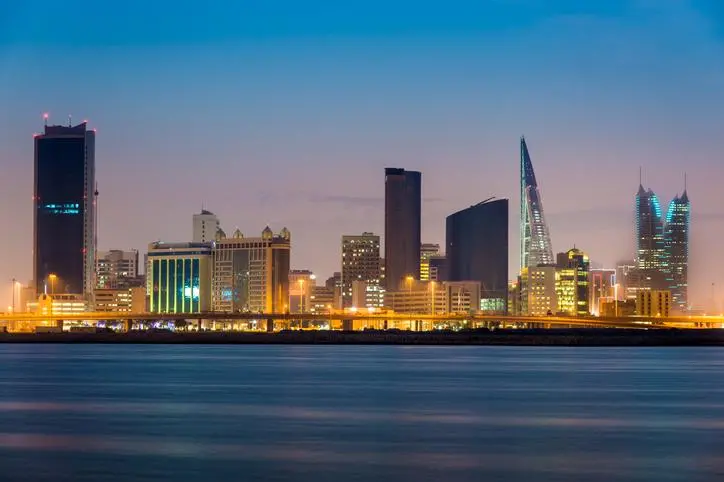PHOTO
Bahrain's non-oil sector is set to drive the nation’s economic recovery this year, according to a new report.
The Economy, Strategy and Finance Centre Gulf Economic Outlook (Q3 2021) said non-oil economic activities in the six-nation GCC have started to show signs of recovery on the strength of improved consumer and business confidence, and a positive oil outlook.
Released by US-based research group The Conference Board’s newly-launched Gulf Centre in Kuwait, the report added that the ongoing high vaccination rate in the GCC will help in the turnaround.
GROWTH
“Bahrain’s real GDP (gross domestic product) is set to grow by 1.6 per cent in 2021 and by 2.6pc in 2022,” said the report.
“The non-oil sector is expected to contribute significantly to growth in 2021, supported by the extended fiscal support packages to combat Covid-19 repercussions on the economy.”
Bahrain has vaccinated more than 80 per cent of its eligible population and administered more than 141,000 booster doses.
In addition, the government has pumped in nearly BD5 billion as part of a rescue package to mitigate Covid-19 impact since last year – including waiving government levies and paying wages of citizens in the private sector, among other measures.
The findings reveal that despite Bahrain running fiscal deficits since the 2014 oil price crash, fiscal reforms will be lower priority this year than public health and targeted support packages to the most vulnerable segments of the population.
“The GCC Development Fund will continue to guarantee investment in relevant development projects,” said the new report.
However, researchers warned that recurrent Covid-19 waves and renewed restrictions in Bahrain may hinder recovery of financial, communication, transportation and communication sectors – “all of which have exhibited signs of recovery during the first half of 2021”.
It recommends Bahrain authorities to adopt greater austerity measures, including cutting subsidies and raising energy prices that may be needed in 2022.
Furthermore, the report states that despite the ongoing vaccination campaigns across the region, with the UAE in the lead followed by Bahrain in the Gulf in terms of the number of vaccinations, Gulf countries witnessed a daily rise in Covid-19 cases and were hit by a third wave.
“In terms of vaccinations, the UAE, Bahrain and Qatar lead the region with more than 50pc of their populations being fully vaccinated,” said the report.
Researchers claimed that lifting pandemic restrictions and opening the air and land borders led to increases in the number of cases again.
“New cases soared virtually overnight in Bahrain (May 2021) in tandem with the decision to allow tourists to fly into the country which pushed the authorities to re-install temporary lockdown measures.
“Similarly, Oman and the UAE witnessed rising cases again as travellers entered the country.”
Meanwhile, the report forecast that the global economy was on a course to rebound from the pandemic-induced recession in 2021 led by an increasing number of large economies.
“We are keeping our real GDP growth forecast for the Gulf region unchanged at 2.5pc for 2021 with the non-oil sector supporting growth, while a strong recovery in oil GDP will push real GDP growth to 4.3pc in 2022,” it said.
The document explains that governments like Saudi Arabia and the UAE will further push their diversification agenda and support their private sectors, while oil industry heavyweights in some of the Gulf region companies remain increasingly optimistic about the business and economic outlook for 2021.
© Copyright 2020 www.gdnonline.com
Copyright 2021 Al Hilal Publishing and Marketing Group Provided by SyndiGate Media Inc. (Syndigate.info).





















